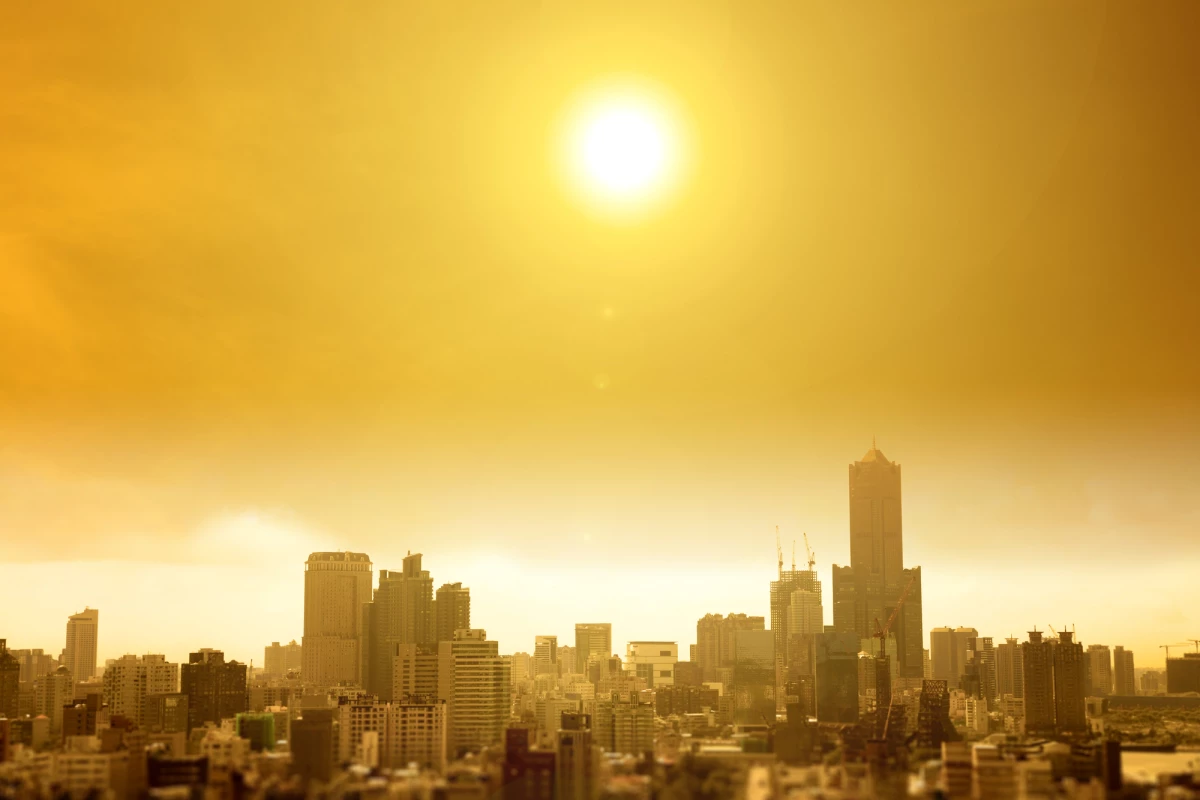It's safe to say that a warming world is going to lead to greater discomfort for many of its inhabitants, but a new study out of Rutgers University is delving into the details of what this could look like come the end of the century. The team looked at how heat and humidity will combine to create heightened heat stress around the globe, concluding that it could affect more than four times as many people as it does today if current trends continue.
According to the Rutgers scientists, the majority of studies looking at future trends when it comes to heat stress place an emphasis on heat extremes, overlooking what they consider to be another major factor in humidity.
“When we look at the risks of a warmer planet, we need to pay particular attention to combined extremes of heat and humidity, which are especially dangerous to human health,” says senior author Robert E. Kopp, director of the Rutgers Institute of Earth, Ocean, and Atmospheric Sciences.
Heat stress strikes when the human body isn't able to keep its temperature at healthy levels through sweating, following exposure to extreme heat. It can cause things like cramping, exhaustion and, on the more severe side of things, heat stroke, which is a life-threatening condition.
In casting its eye to the future, the Rutgers team looked at 40 climate simulations to assess how extreme combinations of heat and humidity will occur with greater frequency and in excess of safety guidelines, as the planet continues to warm. This analysis took into account factors such as temperature, humidity, wind speeds, solar and infrared radiation, and the angle of the sun.
Were the planet to warm by 1.5 °C (2.7 °F) by the end of the century (a very conservative projection), the team calculates that heat stress would affect areas currently home to 500 million people. At 2 °C (3.6 °F) of warming that figure jumps to nearly 800 million, and at 3 °C (5.4 °F) of warming, a future many experts expect us to reach, an estimated 1.2 billion people would be affected by heat stress.
The team notes that this is four times the number of people affected by heat stress today, and 12 times as many as it would be were it not for industrial-era global warming. As for what this means for heat stress in a place like the Big Apple, the team says that New Yorkers could expect as many as 24 days each year that are comparable to the single worst day of the year today.
The research was published in the journal Environmental Research Letters.
Source: Rutgers University




